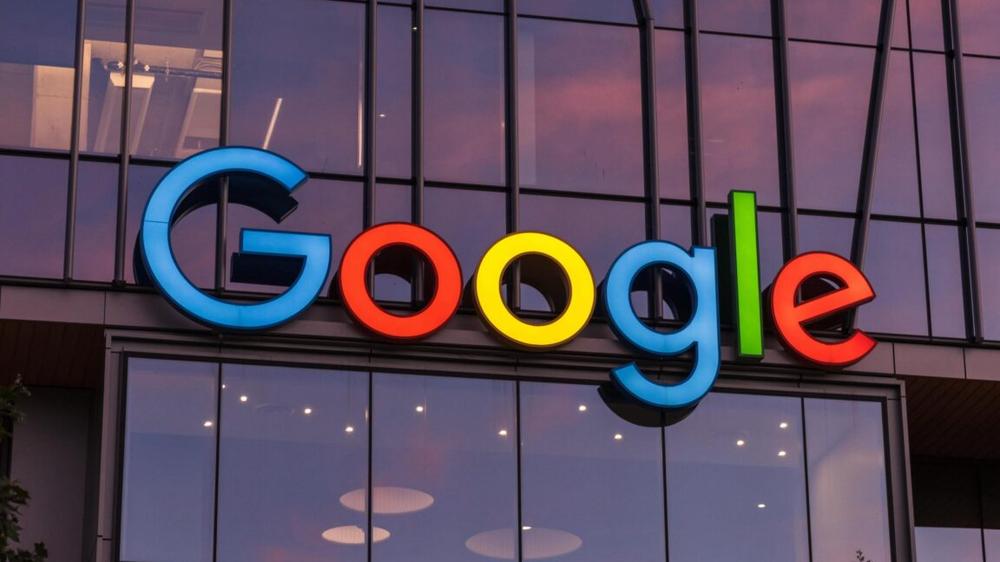Google is facing multiple antitrust actions in the US, and European regulators have been similarly tightening the screws. You can now add the UK to the list of Google's governmental worries. The country's antitrust regulator, known as the Competition and Markets Authority (CMA), has confirmed that Google has "strategic market status," paving the way to more limits on how Google does business in the UK. Naturally, Google objects to this course of action.
The designation is connected to the UK's new digital markets competition regime, which was enacted at the beginning of the year. Shortly after, the CMA announced it was conducting an investigation into whether Google should be designated with strategic market status. The outcome of that process is a resounding "yes."
This label does not mean Google has done anything illegal or that it is subject to immediate regulation. It simply means the company has "substantial and entrenched market power" in one or more areas under the purview of the CMA. Specifically, the agency has found that Google is dominant in search and search advertising, holding a greater than 90 percent share of Internet searches in the UK.
In Google's US antitrust trials, the rapid rise of generative AI has muddied the waters. Google has claimed on numerous occasions that the proliferation of AI firms offering search services means there is ample competition. In the UK, regulators note that Google's Gemini AI assistant is not in the scope of the strategic market status designation. However, some AI features connected to search, like AI Overviews and AI Mode, are included.
According to the CMA, consultations on possible interventions to ensure effective competition will begin later this year. The agency's first set of antitrust measures will likely expand on solutions that Google has introduced in other regions or has offered on a voluntary basis in the UK. This could include giving publishers more control over how their data is used in search and "choice screens" that suggest Google alternatives to users. Measures that require new action from Google could be announced in the first half of 2026.
Problems across the pond
Google's woes in the UK follow increased regulatory scrutiny in the rest of Europe. The European Union's Digital Markets Act designates Google as a "gatekeeper," along with companies like Apple and Meta. These companies are labeled as such because they have an outsize role in digital markets, necessitating more restrictions to ensure fairness for all.
Google has repeatedly claimed that the DMA is harming business and recently called for the law to be "reset." Google's response to the UK's application of strategic market status is bringing up a lot of the same feelings at Google. The company said in a statement that its handling of UK operations has been a boon to the country, noting that it usually releases new features in the UK before the rest of Europe. "As a result, they see significant value: Google Search contributes billions of pounds a year to the UK economy—£118 billion in 2023 alone," Google said.
The company says the UK's preferential treatment is thanks to its decision not to pursue what Google calls "costly restrictions on popular services." If the UK continues down this path, Google suggests it may have to lump it in with the rest of Europe. That could mean slower access to new features, most of which are now based on generative AI. UK consumers may not see that as the threat it once was, though. Debbie Weinstein, Google's EMEA president, recently used the delayed EU rollout of AI Overviews as an example of how Europeans are missing out due to the continent's more aggressive regulation.

 Seven EU states increase Russian energy imports in 2025, Reuters reports
Seven EU states increase Russian energy imports in 2025, Reuters reports